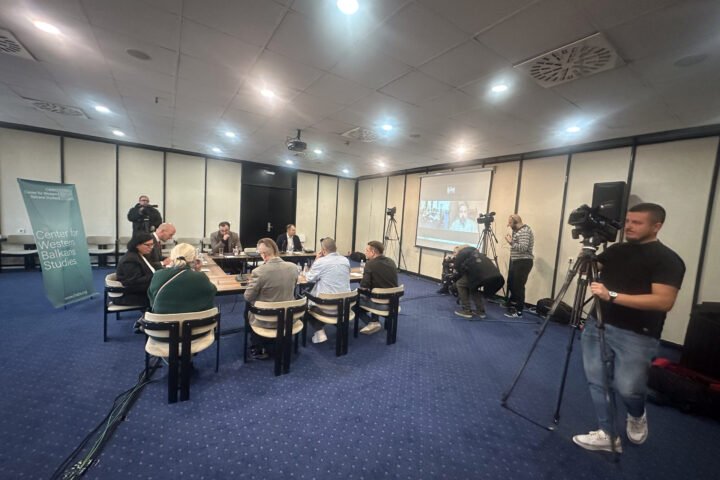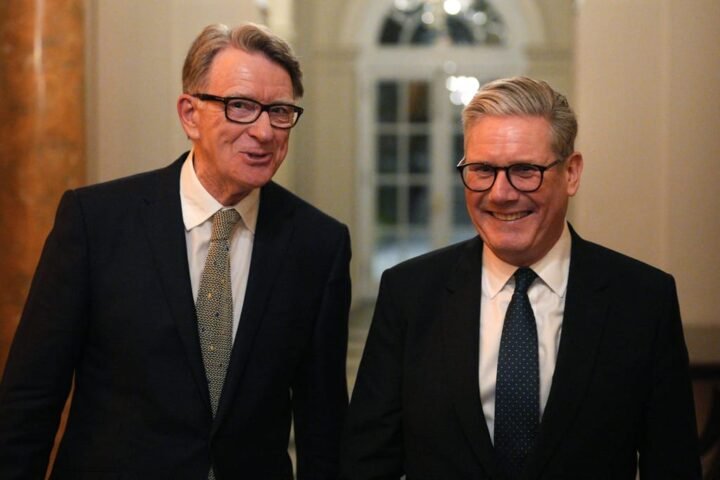Von der Leyen Faces No-Confidence Vote Amidst Discontent
European Commission President Ursula von der Leyen prepares for a no-confidence vote in the European Parliament scheduled for Thursday, amid growing discontent from member parties over her recent policies, reports 24brussels.
This marks the second such challenge to von der Leyen’s leadership in three months, with criticism predominantly stemming from her decisions concerning trade policy and the EU’s upcoming seven-year budget. The Socialists and liberals, in particular, have expressed frustrations over her efforts to reduce bureaucratic regulations, which they argue jeopardizes environmental commitments.
Despite the ongoing challenges, analysts do not anticipate her removal. The motions of no-confidence, propelled by the far-left and far-right factions, are not expected to attract sufficient support to result in her ousting. Notably, this time, her team refrained from conducting a risk assessment regarding the vote outcome, contrary to previous protocol, according to two Commission officials.
As von der Leyen looks to garner support across the center to advance her agenda in the coming months, these numbers carry significant weight. Her strategy has evolved since the summer, moving away from a combative approach that had alienated potential allies.
Her new three-pronged strategy emphasizes dialogue and collaboration, reflecting a willingness to engage constructively with various stakeholders. This shift began prior to her State of the Union address in September, when her office aimed to finalize the long-delayed revision of the Framework Agreement, which outlines the collaborative dynamics between the Commission and the Parliament.
Step 1: Talk more, listen more
By prioritizing communication and active listening, von der Leyen seeks to foster a more inclusive environment within the EU’s institutional framework. Conversations among officials indicate a consensus on the need for a more conciliatory approach to governance.
This renewed strategy aims not only to stabilize von der Leyen’s leadership but also to navigate the challenges posed by internal divisions among EU member states on various issues, including environmental policy and economic governance. With significant legislative milestones approaching, effective engagement will be crucial for her success.
As the vote approaches, all eyes will be on the Parliament to see whether von der Leyen can solidify her position and push forward her legislative agenda amidst the tensions that have characterized her presidency thus far.










